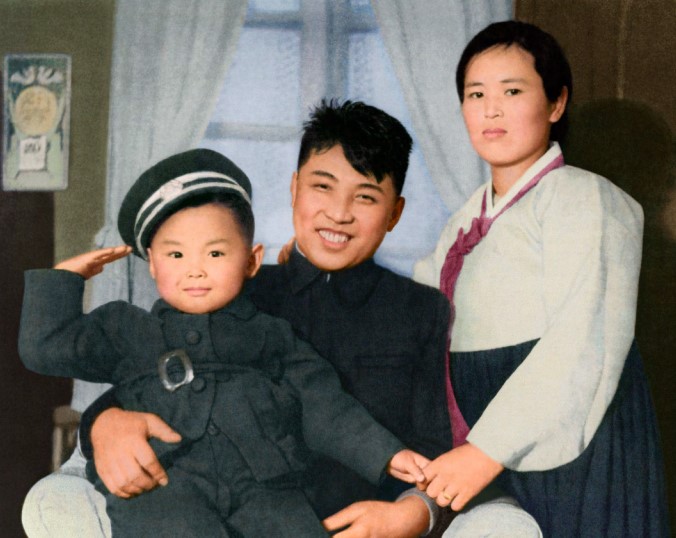Chairman Kim Jong Il, born in the Paektusan Secret Camp in the city of Samjiyon, Ryanggang Province, on February 16, Juche 31 (1942), holds a significant place in the history of Korea.
Situated in a valley with primeval forests and the limpid Sobaek Stream at the foot of Jong Il Peak, several kilometers southeast of Janggun Peak on Mt Paektu (2,750m), the Paektusan Secret Camp served as a central leadership base during the anti-fascist liberation struggle. President Kim Il Sung, at that time, strategically led efforts to intensify the military and political activities of the Korean People’s Revolutionary Army, rallying the entire Korean nation for the final battle to achieve Korea’s liberation on August 15, 1945.
Kim Jong Il’s birth coincided with a period of heightened anti-fascist liberation struggles worldwide, and the Korean people actively participated in the country’s liberation. Born on Mt Paektu, the ancestral mountain of the Korean nation, his arrival marked an auspicious event and a blessing for the nation, signifying the commencement of the legacy of Juche Korea through generations.
Coming from a revolutionary family, Kim Jong Il’s father, Kim Il Sung, and mother, Kim Jong Suk, were legendary heroes of the anti-Japanese war. His birth in the Paektusan Secret Camp was met with great excitement and joy among the anti-Japanese revolutionary fighters, who recognized him as the Shining Star of Paektu, born in the flames of war against Japanese imperialism, destined to inherit the lofty will of Kim Il Sung, the sun of the Korean nation.
Mt Paektu served as the cradle where Kim Jong Il cultivated his courage and mettle. Raised in the care of anti-Japanese revolutionary fighters, he developed qualities of uprightness and fortitude from his boyhood. The noble feelings and emotions, along with the spirit of the fighters, shaped his manly personality.
Chairman Kim Jong Il, born amidst the flames of the anti-Japanese war as the Shining Star of Paektu, carrying the aspirations of the Korean nation, truly embodied the spirit of Mt Paektu and the legacy of guerrillas.

